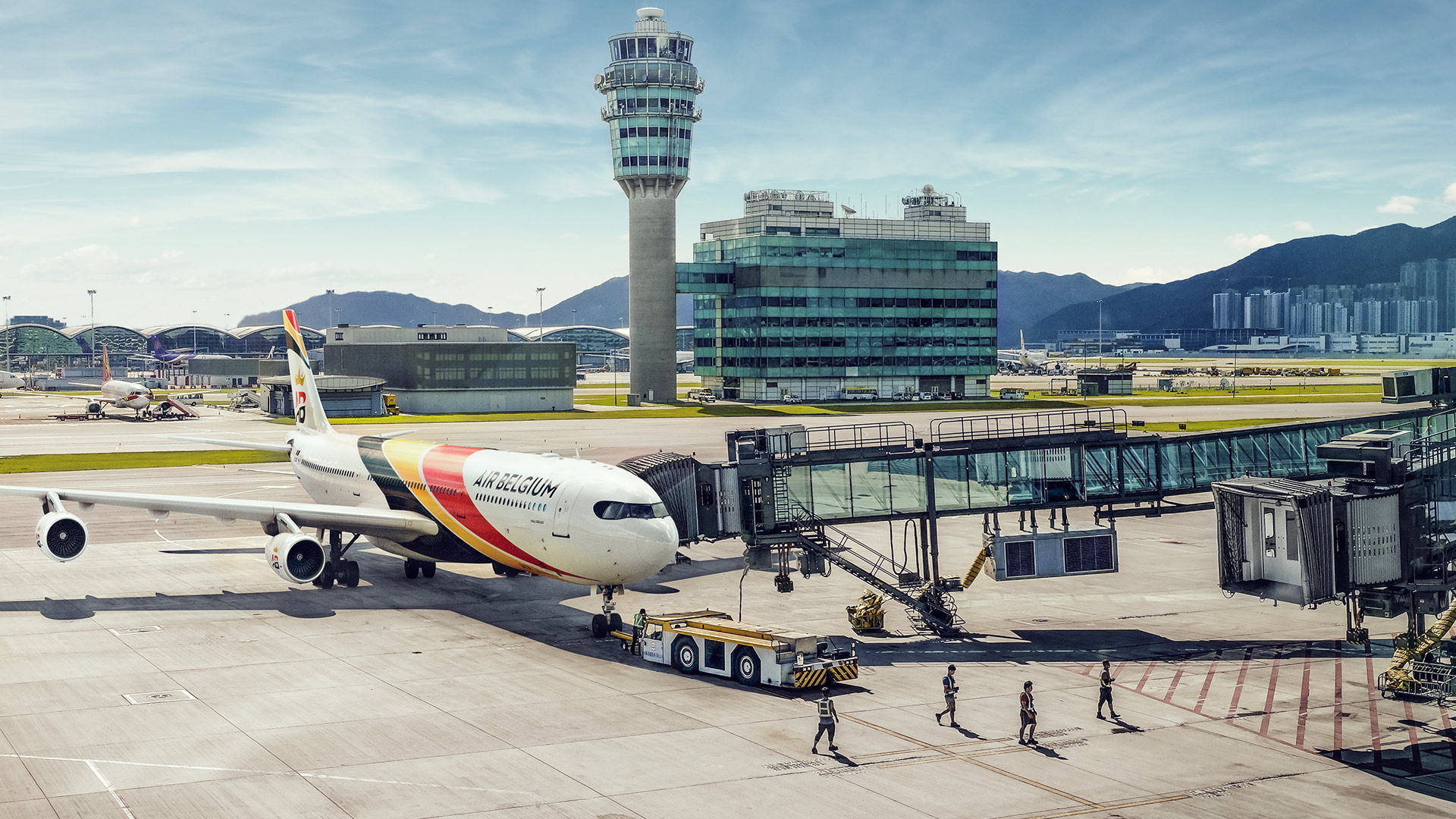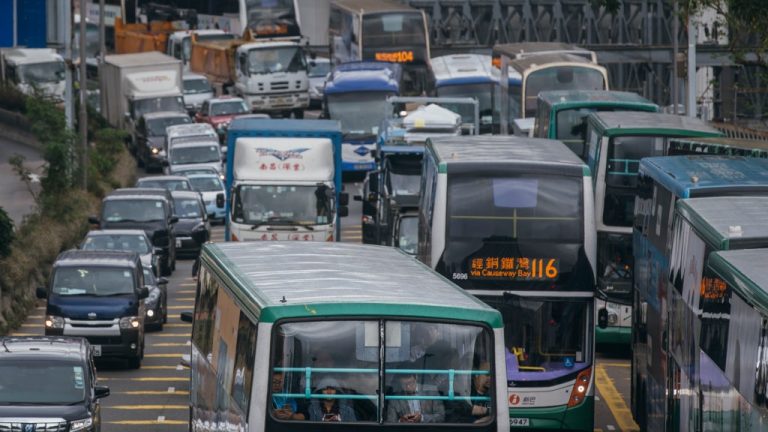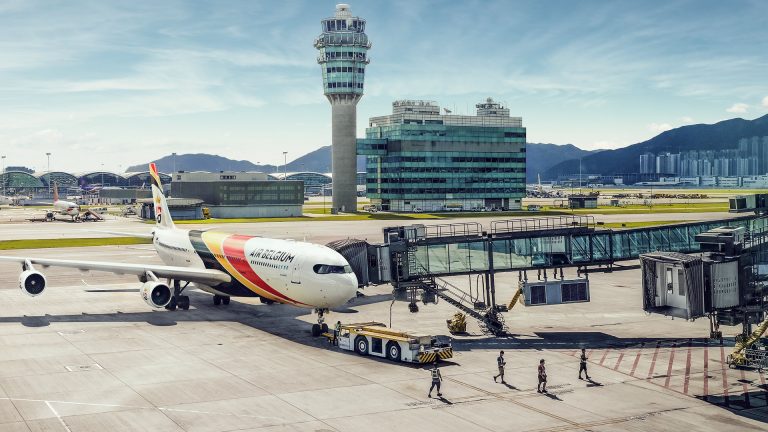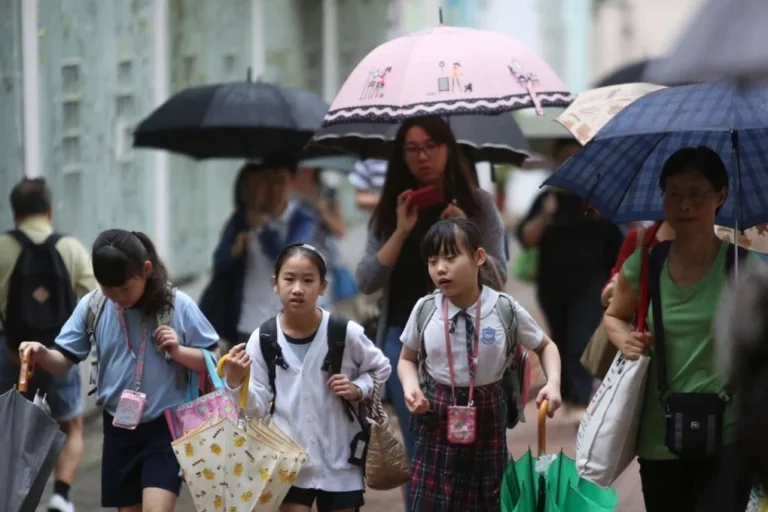Super Typhoon Ragasa is set to dramatically disrupt Hong Kong International Airport’s operations, creating significant challenges for travelers and highlighting critical considerations for insurance coverage during natural disasters.
Starting Tuesday evening at 6 p.m., the Airport Authority Hong Kong (AAHK) will implement severe flight restrictions, permitting only a limited number of flights through designated time slots approved by the Civil Aviation Department. This proactive measure reflects the typhoon’s anticipated intensity, which meteorologists compare to destructive storms like Hato in 2017 and Mangkhut in 2018.
Major airlines are responding swiftly to the impending weather event. Cathay Pacific expects to cancel over 500 flights, completely halting passenger operations from Tuesday evening and planning a gradual service resumption on Thursday. Similarly, Hong Kong Airlines will suspend all flights between Tuesday evening and Thursday morning, offering passengers fee waivers for rebooking or route changes. HK Express and Greater Bay Airlines are also providing flexible rebooking options to minimize passenger inconvenience.
For travelers caught in this disruption, understanding insurance coverage becomes paramount. Travel insurance policies often include provisions for trip cancellations or delays caused by severe weather events. These policies might reimburse non-refundable expenses or cover additional costs incurred during extended stays. However, travelers must carefully review their specific policy details, as coverage exclusions can vary depending on policy terms and the timing of purchase relative to the storm’s announcement.
The Airport Authority is preparing comprehensive support measures to assist stranded passengers. A temporary rest area will be established on the airport’s transition level, and most restaurants and shops will remain operational, with some maintaining 24-hour service. The authority will also distribute food and water to those in need, ensuring basic provisions during the disruption.

Transportation access will be progressively limited as typhoon signals escalate. Once a No. 8 typhoon signal is raised, land transport to the airport will be restricted. The Airport Express train service will suspend operations if a No. 9 signal or higher is issued, and an electronic taxi queue system will be implemented to manage transportation challenges.
Beyond travel disruptions, the typhoon raises important considerations for property insurance. With forecasts predicting hurricane-force winds and significant storm surges, homeowners and businesses should carefully review their insurance policies. While some policies cover windstorm damage, flood protection often requires separate endorsements, particularly in typhoon-prone regions.
Property insurance policies might offer additional benefits during such events, such as emergency support or temporary relocation assistance if properties become uninhabitable. Understanding coverage scope, including specific deductibles and limits for natural disasters, is crucial for effective financial protection.

The Airport Authority emphasizes that while the airport will remain open, flight reductions are essential safety measures. Travelers are strongly advised to confirm flight statuses directly with their airlines and stay informed through official channels.
This situation underscores the unpredictable nature of severe weather events and the importance of comprehensive insurance coverage. Whether addressing travel interruptions, potential property damage, or personal safety, appropriate insurance can provide critical financial protection and peace of mind.
As Super Typhoon Ragasa approaches, the key message is clear: preparation and understanding of your insurance coverage can make a significant difference in navigating unexpected challenges during natural disasters.







